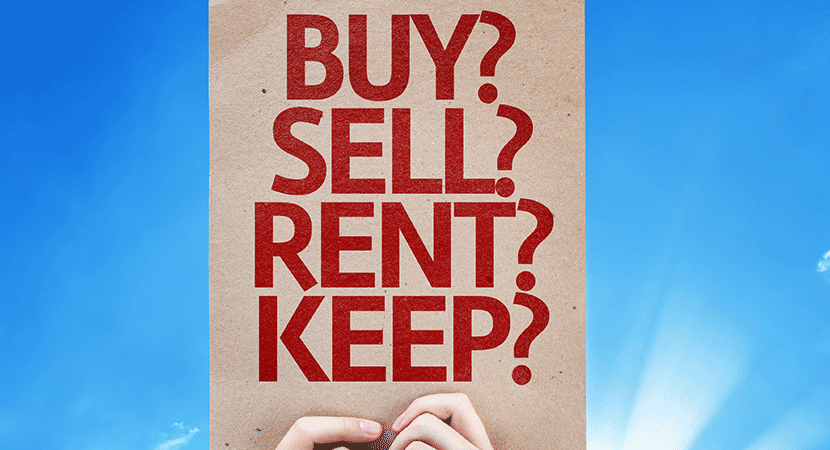That’s a central question among many timeshare owners today, and one of the first escapes they consider in the face of rising maintenance fees, special assessments and unavailable vacation destinations. Is it a logical step, though?
Except for a few, highly-desirable resorts, the resale market represents a poor escape route for most timeshare owners. The most important issues affecting timeshare sale decisions include: the current resale marketplace, the location and legal restrictions of your particular timeshare and your original purchase price.
Resale Marketplace Influences
Despite incessant sales rep promises that underscore the appealing salability of your timeshare, several factors lessen that possibility.
- A legitimate resale market network need to be ignored by developers
- A glut of timeshares on the market and the internet highway to showcase them
- New vacation options, such as HomeAway and Airbnb – a viable alternative to expensive timeshare ownership
- Vastly increased legitimate and fraudulent timeshare resale companies – who do you trust and at what cost for services?
Location and legal restrictions
Popular destinations and hospitality brands hold more of their value than most timeshares. Many developers, however, include resale restrictions on timeshare resales, reserving the developer’s right to first refusal.
Original purchase price
If you purchased from the resort developer, you undoubtedly paid a relatively high price that reflected marketing costs and incentives – frequently in the range of $18,000 to $23,000. Many savvy buyers today purchase through online services like ebay, where timeshares are offered for as little as $1.00 plus transfer fees. That market fact drives the value of your timeshare down.
Please call 407-439-0868 or email us today for your FREE legal consultation.

